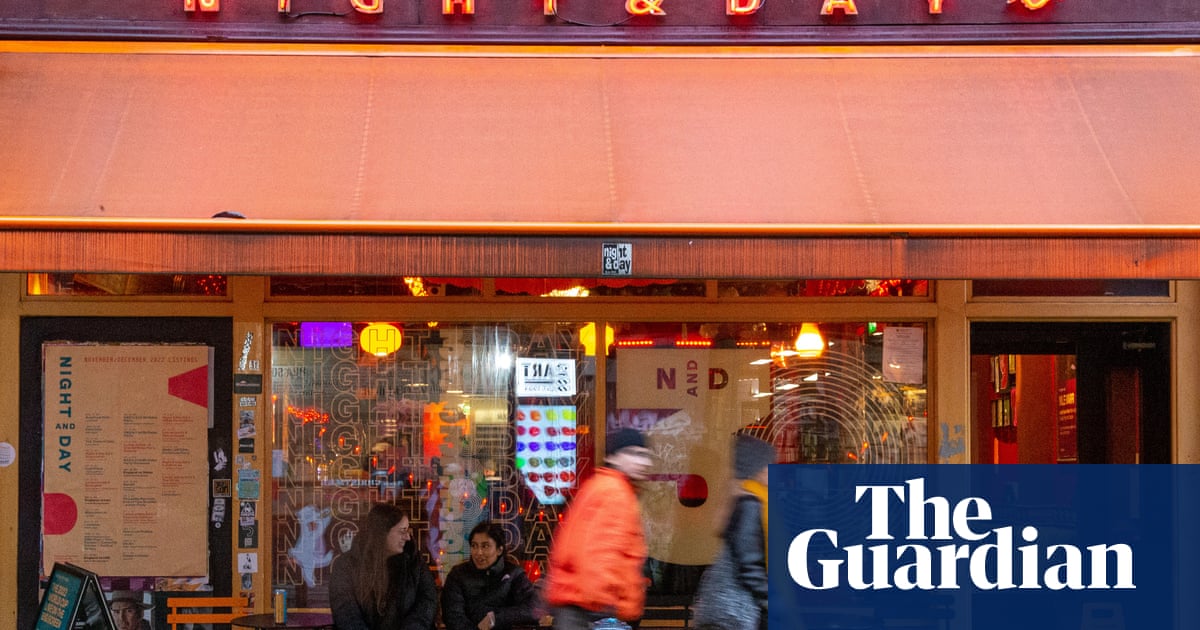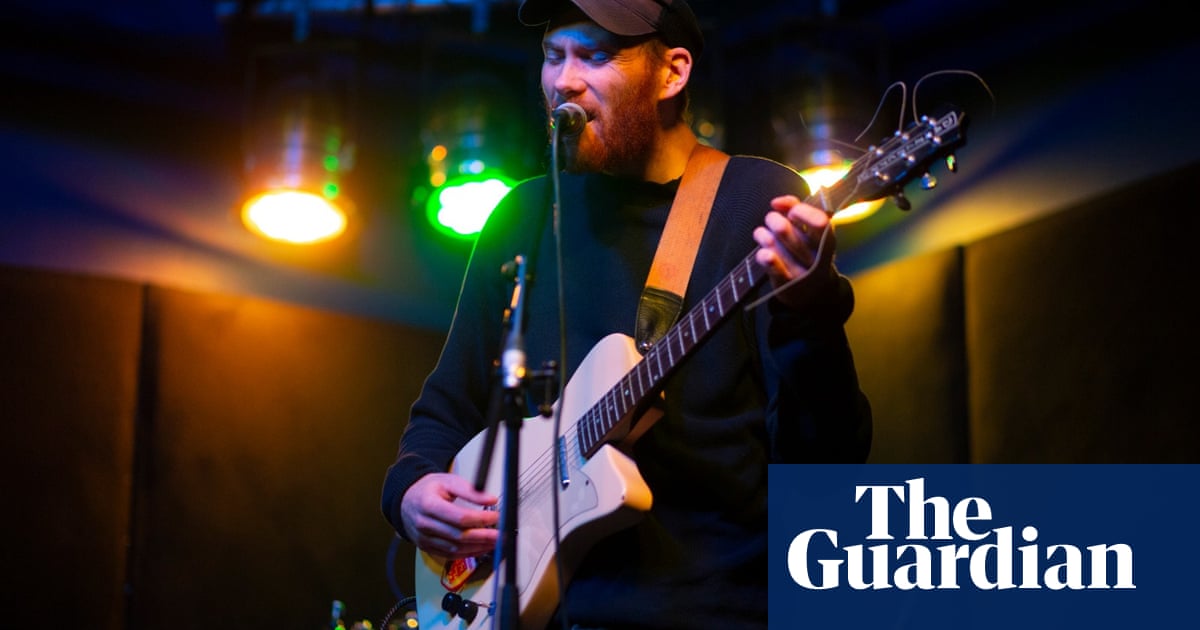
Independent nightlife venues across the UK are struggling to survive amid a cocktail of high costs, low footfall and oppressive regulation that is squeezing them out of city centres.
Last week, the bar Night & Day in Manchester won a partial victory in a legal battle over a noise abatement notice that began when a neighbouring flat complained about gigs and DJ sets going on late into the night.
In court, a compromise was found: the venue could continue with club nights until 3am but needed to turn the music down after 11pm.
The district judge Margaret McCormack said despite Night & Day being on Oldham Street for more than 30 years when the Northern Quarter was considerably more run down, Manchester was “evolving” and the flat residents had a right to be able to use their property.
While this represents a partial victory, other venues have not been so fortunate in their fight for survival. Michael Kill, the chief executive of the Night Time Industries Association, said: “We’re seeing about a 30% to 40% increase in operating costs and about a 15% to 20% downturn in terms of trade due to people having less disposable income.”
This was coupled with poor public transport and safety fears on city streets, he said. Fights with landlords and problems with developers are also an increasing threat.
Last year, a bitter row erupted in Sheffield over the future of the Leadmill, the music venue credited with launching the careers of Pulp, Arctic Monkeys and Self Esteem, when the building’s owner refused to renew the lease, instead planning to take over the running of the venue.
Sheffield residents chose sides in what became a heated fight, with the site’s landlord, Dominic Madden, being called a “vulture capitalist”, while the Leadmill’s ousted founder, Phil Mills, was criticised by a former business partner who said he hoped the battle “bankrupts him in the process. I hope he’s left with nothing.”
Even when venues are not bought out by developers, construction work and local issues surrounding a bar or club can be an impossible hurdle to overcome.
G-A-Y Late, an LGBTQ+ venue and one of the only places in Soho in London with a late licence, closed down at the end of last year, citing problems with construction on the building and people parking around the venue to access other parts of Soho ignoring restrictions and blocking fire exits.
Jeremy Joseph, who owned the nightclub as well as the G-A-Y bar and Heaven nightclub, said: “For a year and a half, two years, we were living on a building site and it was just unbearable. It was becoming so stressful to be there that it just wasn’t worth continuing and the point of managing to get out just was a sigh of relief.
“It was a money-making venue. I think people have to realise that venues can close now [for reasons that are] nothing to do with the financial circumstances of the venue but to do with external reasons as well.”
At G-A-Y Late, Joseph was forced to pay full rent during the Covid pandemic at a time when the club could not open. Meanwhile, he is in dispute with the landlord at Heaven’s Charing Cross premises over an increase in the rent.
He said: “We’re a part of history. This is where people like Freddie Mercury and Kenny Everett went. You may own the venue name but actually you’re part of a community. If I move out, what guarantee will it be that it’s an LGBT venue? So we lose another space, and we lose one of the largest spaces LGBT safe spaces in the UK because of greedy landlords.
“There’s a lot of stress in running a venue at the moment and sometimes you just go: ‘What’s the point?’”
One in six live music venues closed in the past year, according to figures from the Music Venue Trust. But amid the gloom, there are venues opening, too – albeit with a broader remit than focusing solely on club nights or gigs.
Tom Brown, one of the founders of Project House, which opened out of a converted tile warehouse in Leeds last year, said: “We wanted it to be versatile. We wanted it to be open to as many people as possible and be able to change a vibe quickly.”
The 1,000-capacity mixed venue hosts touring artists, DJs, pop-ups and daytime events such as vintage markets, food markets and record fairs. Part of the building is home to a restaurant called Galleria.
Brown’s co-founders have decades of experience running gigs, events and other venues, including Brudenell Social Club and the city centre venues Belgrave Music Hall and Canteen, and Headrow House. They are having early success at the new venue but it is still a very tense time.
Brown said: “We’re all risking something and I suppose for me it was a punt but it was like: this is really exciting.”












